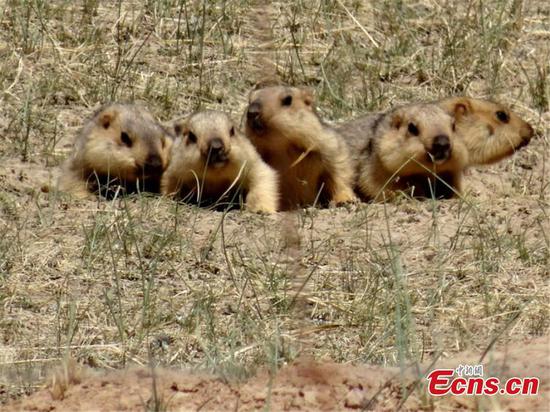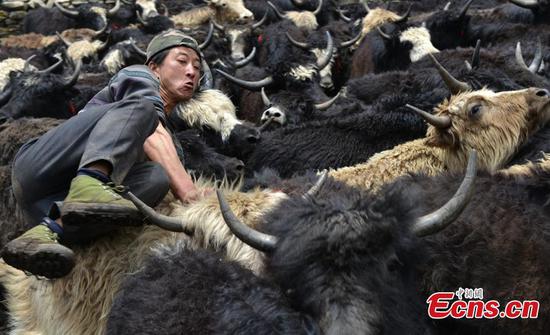Researchers of University of California, Berkeley (UC Berkeley) have found that human activities are causing mammals on the planet to go nocturnal to seek the protection of night, a study shows Thursday.
Human disturbance is creating a more nocturnal natural world as animals alter their behavior alongside people as a result of human activities, said the study published in the journal Science.
"Catastrophic losses in wildlife populations and habitats as a result of human activity are well documented, but the subtler ways in which we affect animal behavior are more difficult to detect and quantify," said Kaitlyn Gaynor, a UC Berkeley researcher, who leads the study.
By applying a meta-analysis approach, the researchers used data for 62 species across six continents to look for global shifts in the timing of daily activity of mammals in response to humans.
These data were collected in a multiple way, including remotely triggered cameras, GPS and radio collars, and direct observation, said the study.
The researchers found that mammals are on average 1.36 times more nocturnal in response to human disturbance, which indicates that an animal that naturally split its activity evenly between day and night increased its nighttime activity to 68 percent around people.
The human behavior that disrupts the activity patterns of animals larger than 1 kg in size includes activities such as hunting, hiking, mountain biking, and infrastructure such as roads, residential settlement, and agriculture.
"Animals responded strongly to all types of human disturbance, regardless of whether people actually posed a direct threat, suggesting that our presence alone is enough to disrupt their natural patterns of behavior," said Gaynor.
Her study is the first effort to quantify the global effects of human activity on the daily activity patterns of wildlife.
Gaynor said she hopes the latest findings will open up new avenues for wildlife research in human-dominated landscapes.


















































